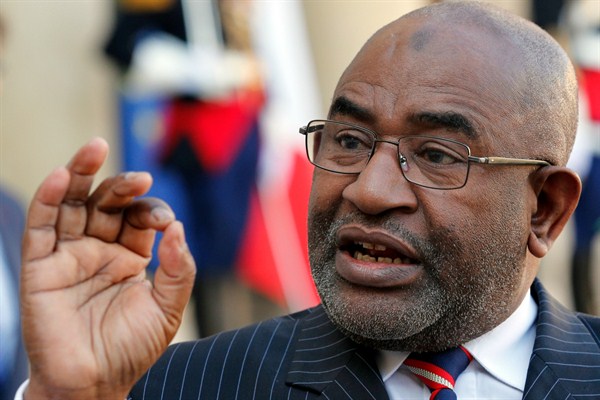On July 30, Comoros passed a referendum to revise the nation’s constitution. Among other changes, the referendum extended presidential term limits and abolished a power-sharing system that had rotated the presidency every five years between the main islands of Grand Comore, Anjouan and Moheli. Since the referendum, which was boycotted by the opposition, President Azali Assoumani has moved to consolidate power by arresting and issuing warrants for prominent opponents such as former Vice President Jaffar Ahmed Said Hassani. In an email interview, Shafick Osman, a research associate at Florida International University who specializes in the Western Indian Ocean region, discusses the referendum’s political implications and why he is not optimistic about Comoros’ future.
World Politics Review: Why did President Azali Assoumani seek this referendum, and why did the opposition object to it?
Shafick Osman: The only conceivable reason why Assoumani sought such a referendum—and moved quite quickly on it—is that he intends to stand for re-election for another five-year term. This would not have been allowed under the provisions of the 2001 Constitution, which mandated that the presidency rotate every five years between the four main islands. (In addition to Grand Comore, Anjouan and Moheli, the Comorian Constitution includes a claim to Mayotte, though that island is a region of France.) Under the old system, there should have been someone from Anjouan to succeed Assoumani, who is a Grand Comorian.

